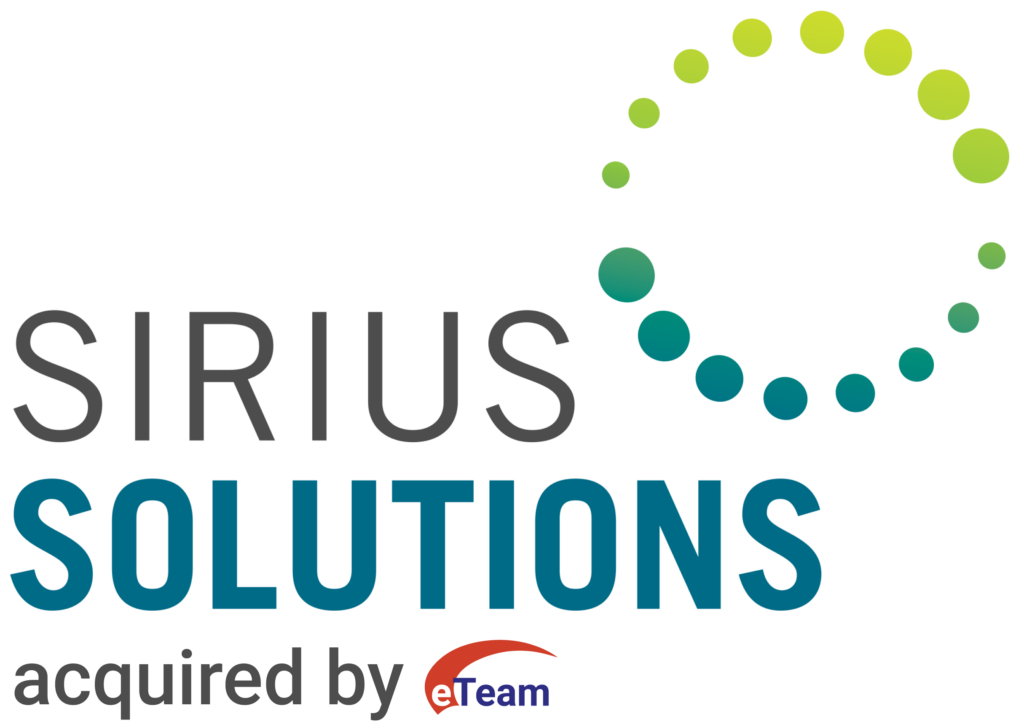Lease Accounting Standard Changes
Adopting the new ASC 842 lease accounting standard can be a complex and challenging process.
So, what is changing and how will it impact you?
Historically, companies reported leases using U.S. GAAP or IFRS disclosure, allowing some of them to be reported as operating leases thus not capitalized. The Financial Accounting Standards Board (FASB) issued a new standard in February 2016 requiring most leases to be capitalized. Public companies began to implement the standard this year, and for private companies, the FASB voted to extend the deadline from December 15th 2019 to the fiscal year that begins on or after December 15, 2020.
Every industry that enters into a lease agreement and signs contracts containing leases to support their business operations are impacted. According to the Wall Street Journal, this “decade-long overhaul of lease accounting rules…promises to bring as much as $2 trillion in off-balance sheet assets on to corporate books.”
Adopting the new ASC 842 lease accounting standard can be a multifaceted and interesting endeavor.
Here are key challenges to focus on as you navigate adoption:
1. Secure a complete lease population: Most entities do not centralize their leasing process and the initial gathering of lease documents and relevant terms can be challenging.2. Know your Embedded Leases in Non-Lease agreements: Contracts may contain provisions that contain an embedded lease. Identifying these embedded lease components is particularly problematic without the right expertise on staff.
3. Determine the Incremental Borrowing Rate (IBR): The IBR is utilized to determine the lease liability for a lease. It should be based on a rate that reflects the credit risk of the Company, the leased asset, and the term of the lease.
4. Develop a Process for New Contract Review: Development within the Company of a process for new contracts to be reviewed against ASC 842 compliance is paramount. New contracts should also be reviewed by your Accounting department to insure proper accounting.
5. Contract Administration: Develop a central repository for all documents supporting ASC 842 accounting.
6. Financial Statement Disclosures: ASC 842 has complex qualitative and quantitative disclosures, including a weighted-average term and a weighted average IBR. For a large lease population these can be difficult to compute if you lack the right expertise.
Management, Steering Committees and Audit Committees, whose responsibility likely extends to implementation oversight, will need to have a clear understanding of the implementation roadmap and assurance that internal controls are reliable going forward.
Below are steps you should take to ensure a successful implementation for your business:
Step I: ASSESSMENT
- Perform diagnostic assessment of the applicable agreements and prepare scoping memo defining approach, population of leases, process roadmaps and high-level implementation plan
- Development of a capitalization threshold as permitted by BC122
- Elimination of agreements with a term of less than one year
Step II: DATA CAPTURE
- Document lease arrangements to be assessed
- Separate lease from non-lease components if required
- Sample and test selected lease arrangements; document results and prepare conclusion memos
- Utilize technology to effectively search large volumes of transactions containing relevant characteristics
Step III: DESIGN WORKFLOWS
- Define new controls and processes to ensure the repository of all leases is complete and new lease arrangements are tracked and reported
- Identify new accounting policies required
Step IV: SYSTEM MODIFICATION
- Identify technology and internal controls that require change or modification to enable continued application going forward
Step V: IMPLEMENTATION
- Accumulate opening balances, implementation, training and go-live, as needed
- Utilize transition provisions for reporting if adopted as a practical expedient
Having the right internal controls is instrumental in implementing the new lease accounting standard moving forward. Creating a process and controls for sustainability is top priority.
We are here to help you get started with our financial consulting and regulatory & compliance consulting.
Terry May, Director – Sirius Solutions, L.L.L.P.
If you would like further information regarding Lease Accounting assistance, please complete the form below.
